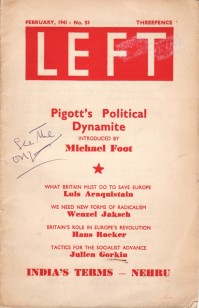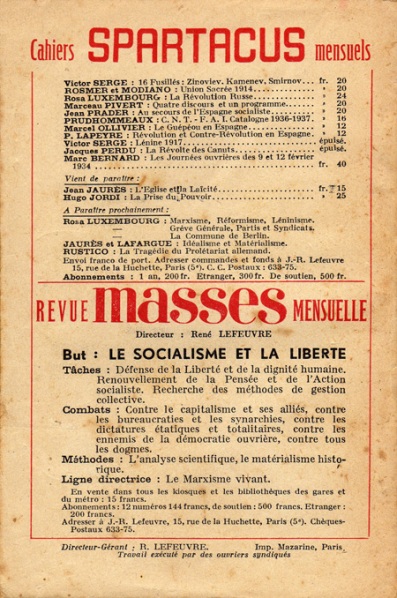 NKVD operative order 00447 «Об операции по репрессированию бывших кулаков, уголовников и других антисоветских элементов» (The operation for repression of former kulaks, criminals and other anti-Soviet elements) is approved by the Politburo. Originally the operation was planned for four months; the plan was for 75,950 people to be executed and an additional 193,000 to be sent to the GULAG. The operation was extended multiple times. Altogether, through the summer of 1938, at least 818,000 people were arrested and not less than 436,000 were executed.
NKVD operative order 00447 «Об операции по репрессированию бывших кулаков, уголовников и других антисоветских элементов» (The operation for repression of former kulaks, criminals and other anti-Soviet elements) is approved by the Politburo. Originally the operation was planned for four months; the plan was for 75,950 people to be executed and an additional 193,000 to be sent to the GULAG. The operation was extended multiple times. Altogether, through the summer of 1938, at least 818,000 people were arrested and not less than 436,000 were executed.
To execute this order, NKVD troikas were created on the levels of republic, krai, and oblast. Investigation was to be performed by operative groups “in a speedy and simplified way”, the results were to be delivered to troikas for trials.
The chairman of a troika was the chief of the corresponding territorial subdivision of NKVD ( People’s Commissar of a republican NKVD, etc.). Usually a troika included the prosecutor of the republic/krai/oblast in question; if not, he was allowed to be present at the session of a troika. The third person was usually the Communist Party secretary of the corresponding regional level. The staff of these troikas were personally specified in the Order # 00447.
Protocols of a troika session were passed to the corresponding operative group for executions of sentences. Times and places of executions of death sentences were ordered to be held in secret.
The same order instructed to classify kulaks and other anti-Soviet elements into two categories: the First category of repressed was subject to death by shooting, the Second category was subject to labor camps. The order set upper quotas per territory and category. For example Byelorussian SSR was estimated to have 2,000 (1st cat.) + 10,000 (2nd cat.) = 12,000 anti-Soviet elements. It was specifically stressed that quotas were estimates and could not be exceeded without personal approval of Yezhov. But in practice this approval was easy to obtain, and eventually these initial quotas were exceeded by orders of magnitude. For example, in September 1937, the Dagestan obkom requested the increase of the First Category from 600 to 1,200; the request was granted the next day.
After this Order, the terms First/Second Category became standard abbreviations in NKVD documentation for “the highest measure of punishment” and “placing into corrective labor camps”, respectively.
The implimentation was swift. Already by August 15, 1937, 101,000 was arrested and 14,000 convicted.
¶ Related: I recently found an interesting document on Archive.org: the memoirs of Valentín González, “El Campesino”, Spanish Republican guerrilla fighter who spent years in a Soviet labour camp at Vorkuta. The memoirs were written in France with the help of Poumista Julian Gorkin.


 IF Stone
IF Stone One final
One final

















 review
review